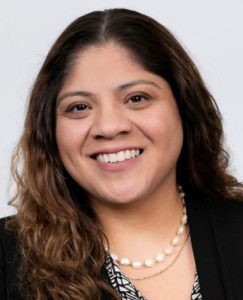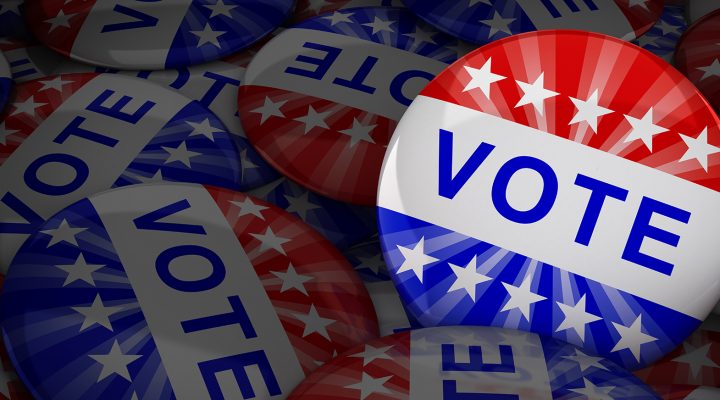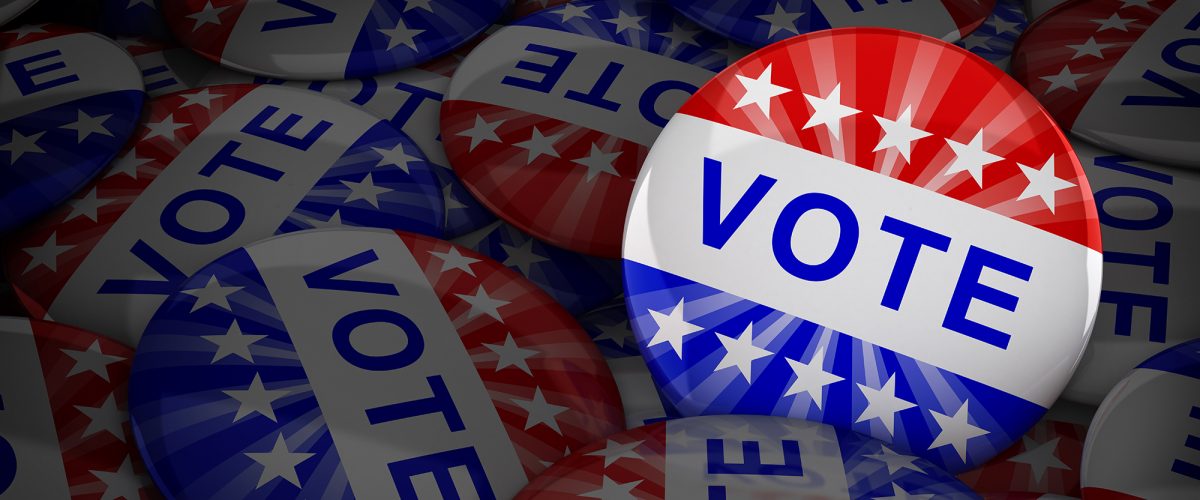Faith-based activists must continue the fight for voter rights if religious freedom and a pluralistic democracy are to survive the 2024 election and thrive beyond it, said Adam Phillips, chief strategy officer for Interfaith America.

Adam Phillips
Members of congregations across the country can participate in that campaign by volunteering at polls and by convincing friends, co-workers and family members to vote, Phillips said during a recent “Faith in Elections” podcast.
“That’s what people of faith do. We meet people where they are. Whether it’s online or in real life, we help them find out where to vote, we help them gather the information, and we make ourselves available to each other,” he said.
Case in point, Phillips said, was podcast guest Patricia Ruiz-Cantu, a Hispanic evangelical and community organizer whose faith has inspired her goal of helping Latinos in Milwaukee, Wis., overcome fears many say will keep them from turning out for the election.
A series of “ugly and divisive” Spanish-language television ads, paid for by a conservative political action committee, has rattled the community, Ruiz-Cantu explained. The Trump campaign has more than matched such intolerance with its repeated threats and insults of immigrants and by hosting a comic who labeled Puerto Rico “a floating island of garbage.”
“The hate is terrible. Some of the people I’ve been talking to, they don’t want to go out and vote,” she said. “That’s the struggle I have, but they see I’m about unity, building bridges and making sure people have a good quality of life.”

Patricia Ruiz-Cantu
Ruiz-Cantu came to the U.S. from Mexico as a child and has been working to promote civil rights since witnessing the obstacles her family endured attempting to obtain American citizenship. She leads pro-democracy grassroots organizations, serves as an elections commissioner with the City of Milwaukee and hosts in-person and online voting rights and poll worker training seminars.
“Right now is not the time for me to stand on the sidelines, but to take action. The hateful messages that are coming out are just terrible,” she said. “Deep inside my core, I feel that (Latino) people are not going to vote. My goal is to make sure I push them that no matter what, you have to participate.”
A convert to Protestantism from Catholicism, Ruiz-Cantu said her outreach also includes showing congregations and society that not all Hispanic evangelicals think, act and vote alike, and that many hold faith-influenced political views on the left and right.
“Some people don’t even want to say they are evangelicals because of the fear of labeling,” she said. “I’ve been in spaces where they don’t want to open the door for me because they say, ‘Oh, you are so close-minded that you’re not going to be able to be in this particular group.”
“Some people don’t even want to say they are evangelicals because of the fear of labeling.”
But she also has taken flak from Republicans after going public with her support of Evangelicals for Harris, a move especially offensive to evangelicals supporting Trump because of his opposition to abortion rights. “For me, it was very important to come out and support, as an evangelical, this particular ticket because it’s more than just one topic. It’s about who is going to be the candidate that is going to be showing the love of Christ and ‘love your neighbor.’”
As election day nears, Ruiz-Cantu said she is hyper focused on voting rights issues because Latinos, and especially those who are new U.S. citizens, will be among the most affected by voter suppression efforts.
“It is extremely important because there’s so many ways people could prevent individuals to go vote. In order for us to be good citizens, we have to actually educate ourselves on what’s happening,” she added. “The reason why people came to this country from day one was for freedom, for freedom of religion, for better quality of life. That’s why I’m very vocal of it, especially in my church or in my community.”
She urges people of faith to encourage others to get involved in the electoral process, with a specific goal of speaking to five people in their networks or families.
Those conversations need to be more than simply expressing support for a candidate, she said. “If you talk to an individual about their situation and their family situation, it’s most likely that they’re going to go vote. Show them how this vote and how being civically engaged will change their quality of life, not only for themselves, but their family and their community.”


